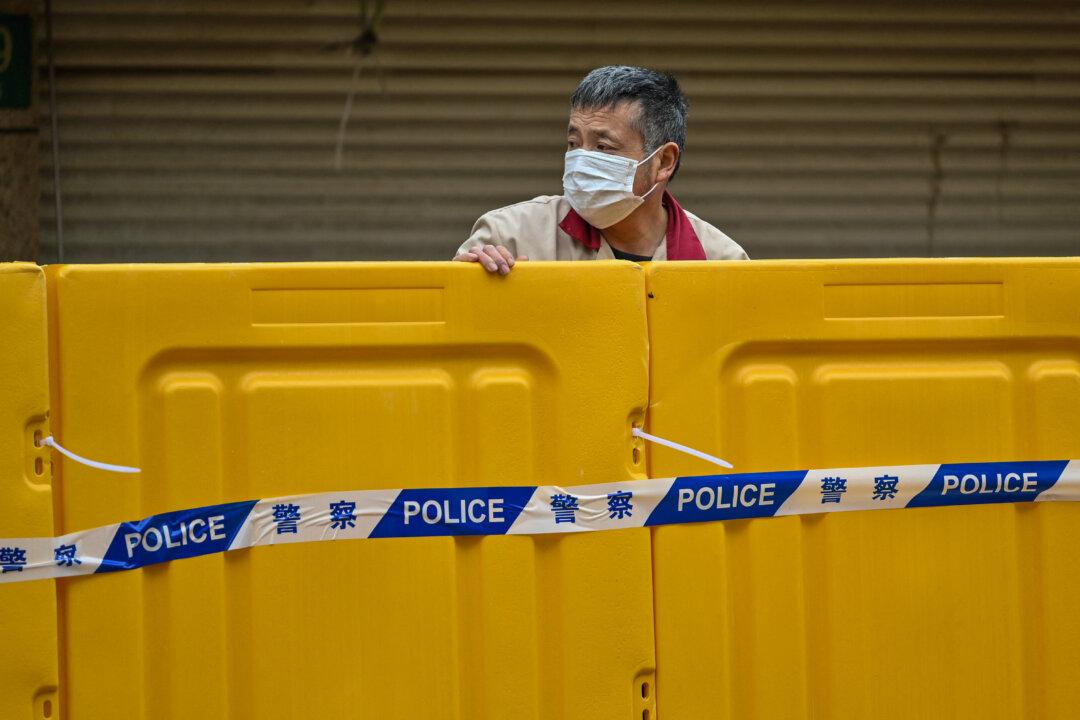Amid growing cries from residents about hardships in Shanghai, the Chinese Communist Party (CCP) strengthened its control of public opinion in China, seeking to further crackdown on those who voice concerns about the draconian lockdown policies.
On April 8, the Shanghai office of the Cyberspace Administration of China said it would crack down on rumors posted on social media as speculation and anger mount among residents living in the locked-down city of 25 million, according to the South Morning China Post (SMCP).





